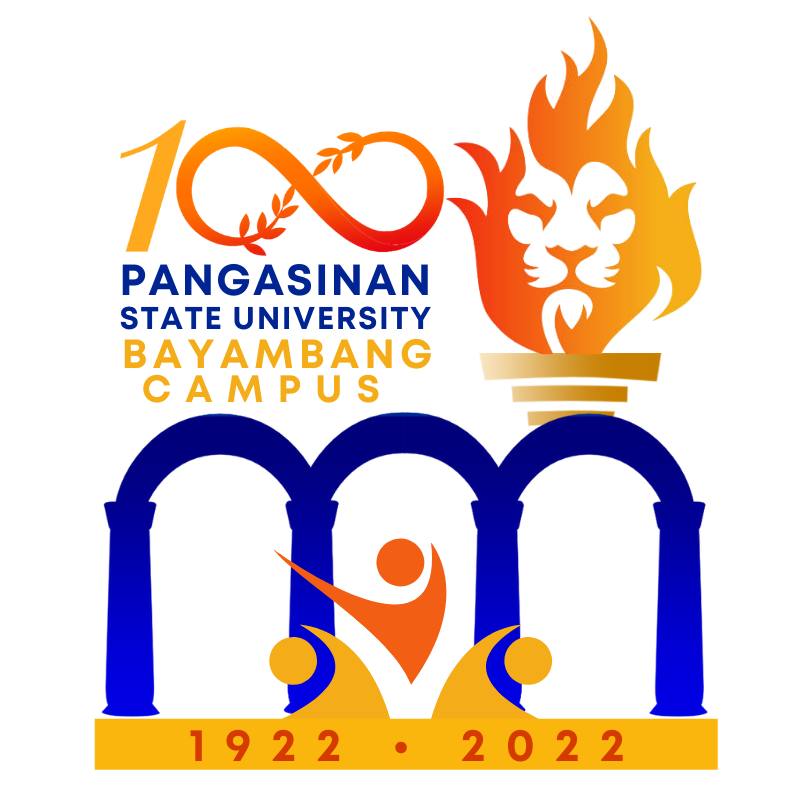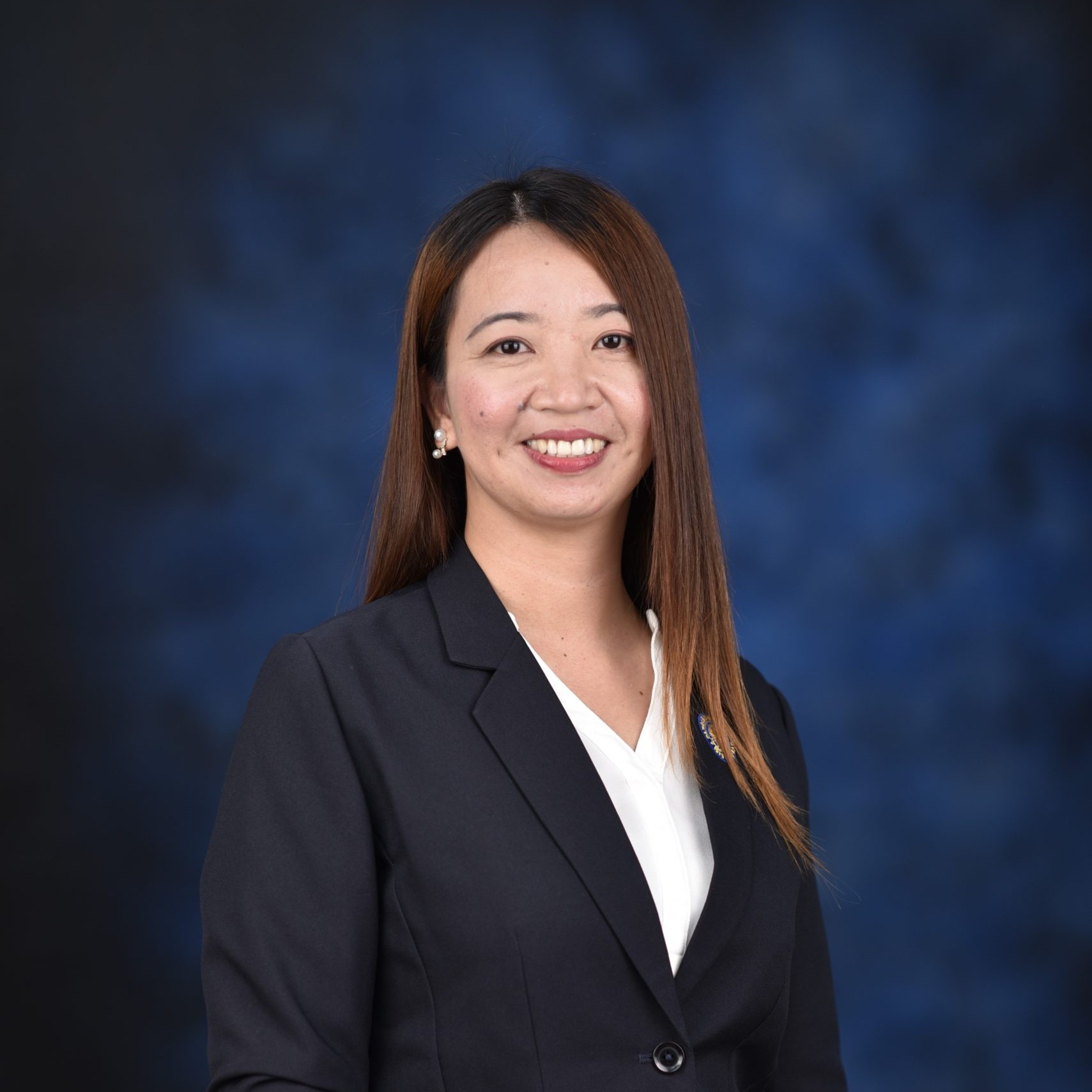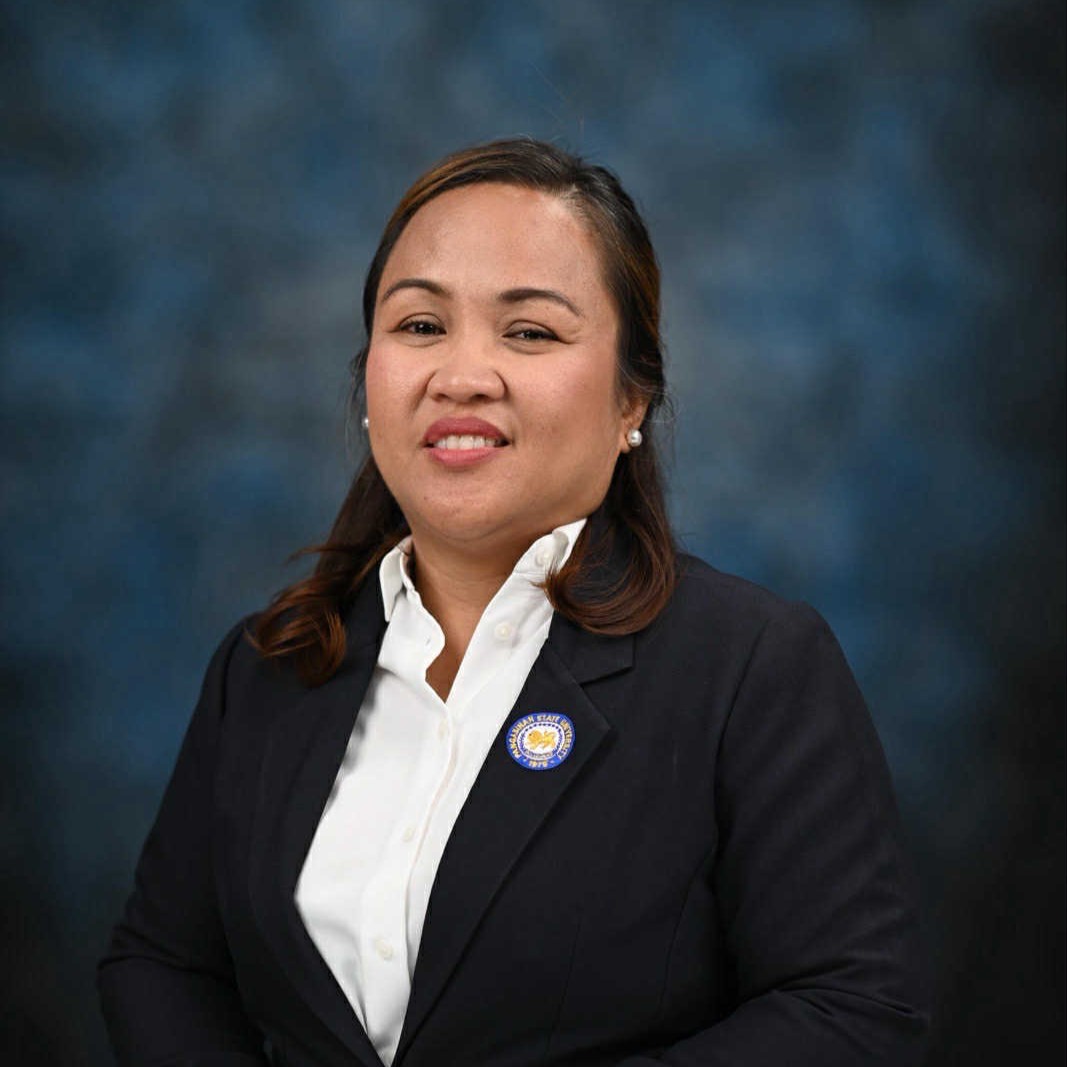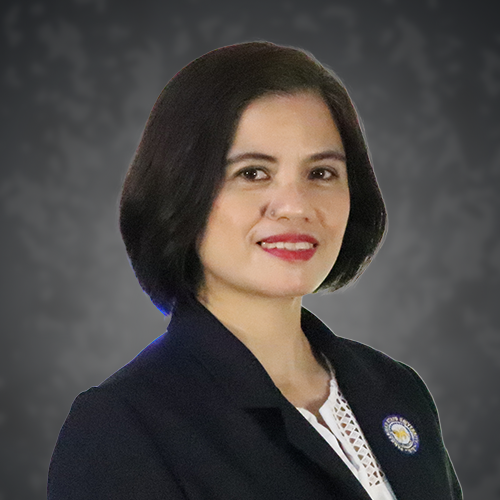
About Us
Vision
To be a leading industry-driven State University in the ASEAN region by 2030.
Mission
The Pangasinan State University, shall provide a human-centric, resilient , and sustainable academic environment to produce dynamic, responsive, and future-ready individuals capable of meeting the requirements of the local and global communities and industries.
Message
Pangasinan State University- Bayambang Campus holds the distinction of rendering quality education. It is known to have administrators and faculty members who carry a blazing passion in delivering excellent service to the community. In pursuit of ensuring that goals and objectives are achieved, PSU continues to adhere to various quality assurance processes that help attain its academic goals.
Just like the famous adage of John Ruskin, “quality is never an accident; it is always the result of intelligent effort.”
With several quality assurance tools that our university has employed, we had seen so much growth in our operations, support services, and governance, which led us to fully embrace continuous quality improvement, not to be perfect but to be a better performing university. As proof, in November 2021, PSU was honored to receive the Investors in People (IiP) Gold Award, making PSU the first state university in the Philippines and in ASIA to be an IiP Gold Awardee. PSU also received the PQA Level III Mastery in Quality Management Award given by the most prestigious award-giving body in the country and conferred by no less than the President of the Philippines himself. This gave PSU the singular honor as the first state university in the country to be a PQA Awardee – a feat that is going to be etched in the pages of history.
Moreover, in 2016, PSU carved a history as the first State University in the Philippines to earn ISO 9001:2015 certification by an internationally recognized certifying body. This marked another milestone to PSU being named as the first State University in the Philippines and in ASIA to receive such an acclaimed award.
Currently, the University ranked as Top 5 University in the Philippines based on the 2018 Philippine University Ranking by Edukasyon & Find University. PSU is also the Top University in the province based on 2020 Philippine University Ranking by uniRank. In addition, the University is Top 7 and one among the Top 10 State Universities and Colleges (SUCs) in terms of programs accreditation performance in 2016 and 2017, respectively. In fact, our institution was recognized with level 2 Institutional Accreditation, and one of the 20 SUCs among the 115 with Level IV status.
At the campus level, our Teacher Education Program was certified with the Center of Excellence. Also, our BEE and BSE programs received a Level IV Phase 2 recognition while our BSN program has a level 3 AACCUP Accreditation status. Finally, just last year, it is our pride that PSU became the very first SUC to be the recipient of the most prestigious Level 3 Philippine Quality Award.
With all these recognitions, PSU particularly Bayambang Campus has been and will always be the home of the topnotchers. In the recently concluded 2021 Licensure Examination for Teachers, PSU Bayambang Campus landed Top 8 in the Bachelor of Education major in Enhanced General Education while PSU Urdaneta placed Top 2 and PSU Lingayen Top 9 with the blazing passion to achieve our goals and objectives. And so, I would like to thank all our evaluators for joining us in creating a more resilient, responsive, and relevant PSU. You have chosen to share your time and expertise with us despite the turmoil that continues to inflict society today. Indeed, your undaunted commitment to help educational institutions continually improve in delivering quality services is greatly appreciated.
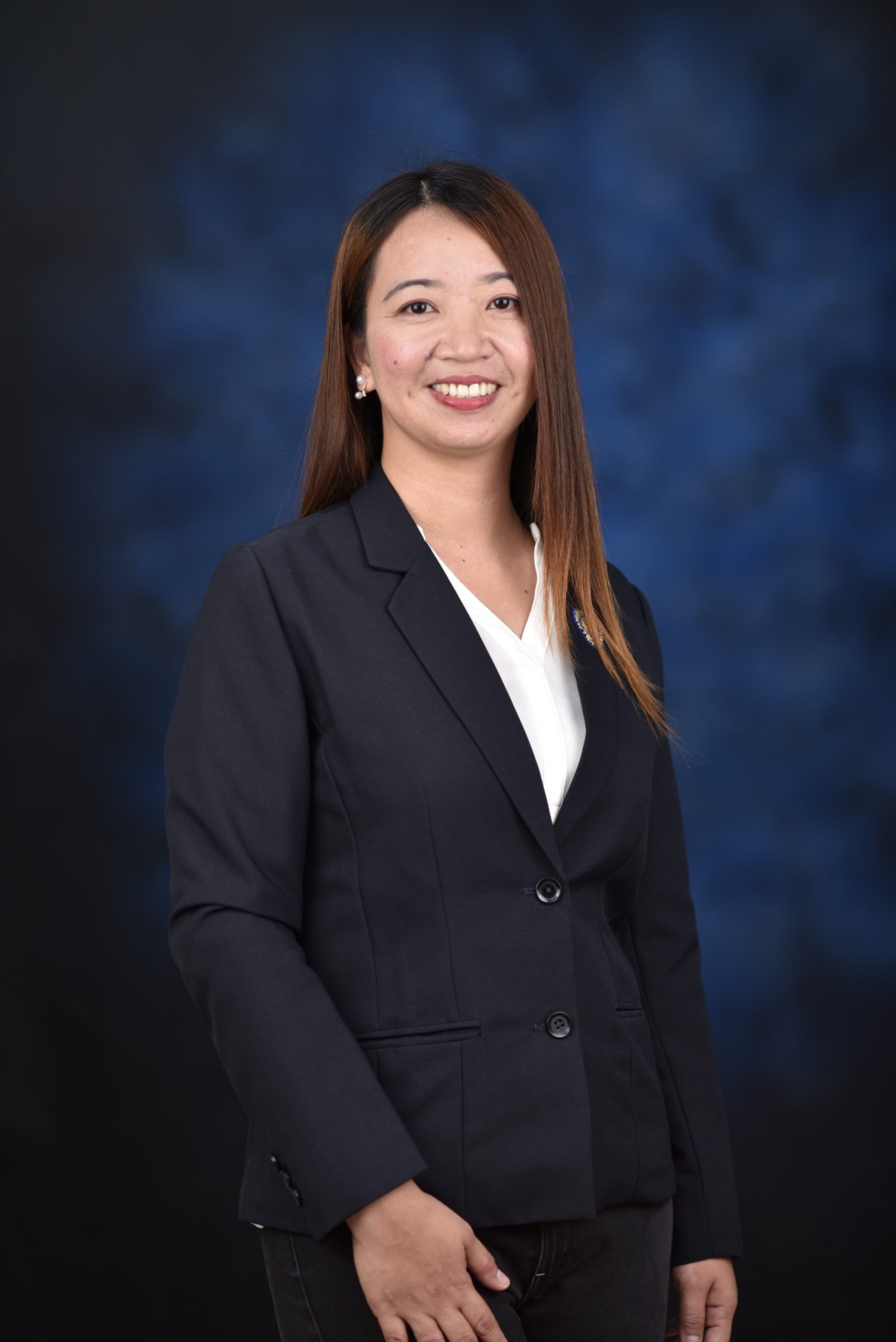
DR. MADLYN D. TINGCO
CAMPUS EXECUTIVE DIRECTOR
Campus Officials
DR. madlyn d. tingco
Campus Executive Director
DR. CHERYL C. MENDOZA
College Dean, CTE
DR. MA. BERENICE GLIZZLE M. CATABAY
College Dean, IN
DR. GHANA L. CAHATOL
College Dean, CAST
CAMPUS OFFICIALS
| CIELO C. FERNANDEZ, PhD. | Campus Executive Secretary | ||
| CHERYL C. MENDOZA, PhD. | Dean, College of Teacher Education | ||
| MARIA BERENICE GLIZZLE M. CATABAY, PhD. | Dean, Institute of Nursing | ||
| LEONARDO V. BASILIO, JR., MBA | Dean, Student and Alumni Affairs | ||
| GHANA L. CAHATOL, DBA | Dean, College of Arts, Sciences, and Technology | ||
| MARJORIE P. LACAP, PhD. | Chairperson, Laboratory High School | ||
| SALOME M. MONTEMAYOR, PhD. | Chairperson, Elementary School | ||
| MAE ANNE P. GONZALES, PhD. | Department Chairperson, Languages | ||
| EMMANUEL ROSS B. TOMAS, EdD. | Department Chairperson, Professional Education | ||
| RIZZA L. SERAFIN, MAEd. | Department Chairperson, General Education | ||
| REGINALD B. AUSTRIA, MAEd. | Department Chairperson, Social Sciences | ||
| SUNSHINE E. UMAYAM, MATE | Department Chairperson, Technology and Livelihood Education | ||
| MELANIE R. JUNIO, MEd | Department Chairperson, Physical Education | ||
| JOMAR R. GONZALES, EdD. | Department Chairperson, Science and Math | ||
| RUDJANE C. TUNAC, MAEd | Department Chairperson, Early Childhood Education | ||
| MARIDITH KRISTINE M. CALANGIAN, MBA | Department Chairperson, Business Administration | ||
| MALYN B. ALCANTARA, MPA | Department Chairperson, Public Administration | ||
| ADRIAN CLARK D. PEREZ, Ph.D. | Department Chairperson, English Language | ||
| JANICE C. FRANCISCO, MIT | Department Chairperson, Information Technology | ||
| HAROLD CABANLONG, MAN | Coordinator, Academic Services (IN) | ||
| JENNIFER M. MARIANO, MAN | Coordinator, Clinical Services (IN) | ||
| VEMMA MAE R. GUINTO, MAEd | Coordinator, Research | ||
| IRENE J. URBANO, MAEd. | Coordinator, Extension | ||
| JASON B. SARMIENTO | Coordinator, Planning | ||
| BJ V. ABUBO, MEd | Coordinator, Production/Auxiliary & Food Services | ||
| JORDAN S. NERI, MAEd | Coordinator, Culture and Arts | ||
| MA. THERESA E. MACALTAO, Ph.D. | Coordinator, Gender & Development | ||
| PETER PAT-RICK B. MIGUEL, MAEd. | Coordinator, Skills and Career Development Unit | ||
| RICO A. REYES, PhD | Coordinator, Practice Teaching | ||
| SARAH JANE M. FERRER, MIT | Coordinator, ICTMO | ||
| CLIFFORD B. DELA CRUZ | Coordinator, Quality Assurance | ||
| CRISTINA A. CORLA | Campus Document Custodian | ||
| JEFFREY A. DE ASIS, MDM | Coordinator, International Relations | ||
| REYNANTE T. MANGSAT, PhD | Coordinator, Sports & Development | ||
| WILBERT O. ROSARION | Coordinator, Special Projects & Continuing Professional Education | ||
| RYLL G. VALLO, MED | Coordinator, Public Relations and Information | ||
| HAZEL F. BASTO, MAEd | Focal Person, ETEAAP | ||
| LARA MAE D. MIGUEL, MAEd | Focal Person, Risk Management | ||
| ROSTOM JAY BITAMOG, MAT-SS | Focal Person, ROTC/NSTP | ||
| ARMANDO MANZANO, MEd | Focal Person, Statistics Center | ||
| VIRGINIA A. GESLANI, MAEd | Focal Person, Plagiarism & Grammar Checking | ||
| GEMMA D. ESCAÑO, MAEd | Focal Person, GCED | ||
| JESSA T. EUGENIO, PhD | Campus SSC Adviser | ||
| ADRIAN D. VELOSO | Campus Student Publication Adviser | ||
| GRACE C. MALIGALIG, MBA | Coordinator, Energy Efficiency, Solid Waste Management , and Pollution Control |
||
| MICHAEL T. TOLENTINO, MBA | Campus Administrative Officer | ||
| MA. JHONALYN J. SORIANO | Campus, Accountant | ||
| ESTRELYN B. CARAAN | Coordinator , Human Resource | ||
| MYRA F. ENCINA | Campus Registrar | ||
| VENUS D. MEJIA | Campus Cashier | ||
| LUISA ANDREA JUNIO, RL | Campus Librarian | ||
| DOMINADOR I. MENDOZA III | Campus Supply Officer | ||
| PAULA DIANNE M. FLORO | Coordinator, Medical & Dental Services | ||
| MARY JOY M. AUSTRIA, MAEd | Coordination, Admission & Guidance Services | ||
CAMPUS BRIEF HISTORY
Pangasinan State University opened as Bayambang Normal School (BNS), a secondary level institution that produced public school teachers needed by the country in 1925.
After its temporary closure due to worldwide economic crisis in the 1930s, it reopened as Pangasinan Normal School (PNS). PNS served the nation by producing competent teachers and by catering to the needs of the world for it demonstrated how various government and private agencies would work in synergy to promote functional literacy, to strengthen community organization and to empower the people to work in community projects; hence it became the seat of the Philippine UNESCO National Community Training Center in 1954. The establishment of the preschool education in the 1950s made the PNS a pioneer provider of preschool education in the entire Philippines.
In 1969, PNS was converted to a college states under the name of Central Luzon Teachers College (CLTC) – the first college in region I that dynamically pursued the mandate of a normal school. Continuing education of trained teachers became one of the CLTC’s thrusts. A joint program with the Bureau of Public Schools in 1971 prompted the school to offer Master of Arts in Teaching, which was then expanded to include other curricular offerings; to wit, educational administration, guidance and counselling and elementary agriculture among others.
To decentralize centers for higher learning and to address the issue on the growing number of college entrants in Metro Manila, Pangasinan State University was established. With the birth of PSU, CLTC was integrated into the system; thus, it became PSU College of Teacher Education (PSU CE).
To date, the Campus continues to play the stellar role in producing professionals in various disciplines and serve as the center for evolving and experimenting new trends in teacher education. It now offers new programs: the Bachelor of Science in Information and Communications Technology (BSICT) which started ins SY 2001-2002 as per BOR Resolution No. 45 s 1998; Bachelor of Early Childhood Education (BECE) SY 2002-2003 as per BOR Resolution No. 30 s 2002; Bachelor of Science in Nursing (BSN) SY 2004-2005 as per BOR Resolution No. 21 s 2003; bachelor in Public Administration (BPA) and Bachelor of Arts in English (ABE) SY 2005-2006 as per BOR Resolution No. 23 s 2003 and BOR Resolution No. 19 s 1996 respectively; and Bachelor of Science in Business Management (BSBM) SY 2006-2007 as per BOR Resolution No. 25 s 2003. Moreover, since School Year 2002-2003, evening classes have been held on self-liquidating basis to accommodate working students and those beyond the quota for regular classes. This is in response for the greater access and affordable education especially the marginalized sector in our society. Since the first semester of SY 2006-2007, only non-licensure degree programs have been offered in evening.

CAMPUS MAP
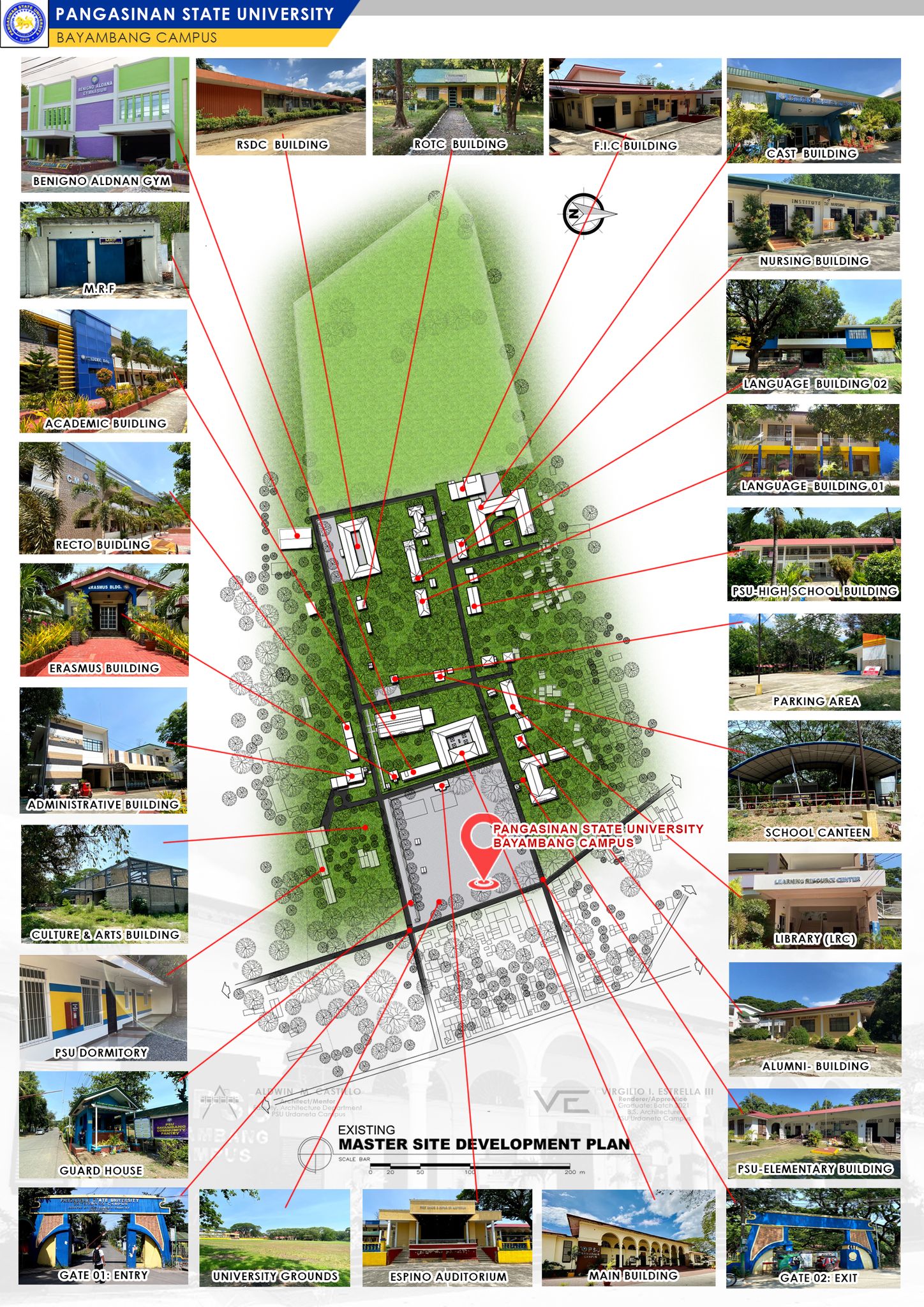
Pangasinan State University – Bayambang Campus (PSU-BC) has withstood the test of time for a century now. As a 10 decade-old institution, PSU-BC has already carved a name as one of the best universities not only in the region but has also made its mark in the South-East Asian region.
Set in a lush 22-hectare land, PSU BC has 26 buildings and 19 other structures, all legitimately owned by the university.
Among the functional land areas are those for institutional land use for social, educational, health, cultural, and administrative services, and purposes. An aggregate area of 14,250.21 square meters or a 6.42% of the total land area of the campus is dedicated for institutional purposes. These include the grounds upon which the administration building and and other lands used for instructional purposes stand.
The institutional buildings house the campus executive director’s office, conference rooms, library, administrative offices, principal’s office (high school and elementary), faculty rooms, research laboratories, computer rooms, and an audio-visual room, among others. In addition, the auditorium and the cultural center which are currently under construction with an area of 1000 square meters are classified as institutional. Moreover, institutional structures include the following facilities with the following land areas: Main Building (875.07 sq. m.), Languages Department Building1 (152.49 sq. m.), Languages Department Building 2 (372.52 sq. m.), Academic Building (358.51 sq. m.), Claro M. Recto Building (476,81 sq, m.) Science and Math Building (671.03 sq. m.), High School Building (258.21 sq. m), Elementary School Building (769.68 sq. m.), CAST and IAST Buildings (1627.73 sq. m.), and Cultural Center Building (1000.00 sq. m.).
Meanwhile, a cumulative land area of 1526.66 square meters (sq.m.) is allotted for industrial land use which is utilized in connection with manufacturing, processing, or raw materials storage facilities. Likewise considered for industrial use are public utilities, research and development services, repair and maintenance of machinery and equipment, and waste management. These include the following: Motor pool (992.56 sq.m.), Carpentry (174.91 sq.m.), Food Innovation Center (317.65 sq.m.), Supply Office (40.54 sq.m.), and Storage /Warehouse (41.05 sq.m.).
On another vein, a cumulative area of 618 square meters is for residential land.
These are dedicated for residential purposes like staff houses and dormitories. The PSU BC land for residential land use comprises the president’s house, the staff houses, and the dormitory, with land areas of the 96 sq.m, 300 sq.m., and 222 sq.m., respectively.
Also, there are areas for economic or business purposes or income-generating activities. Land for commercial purposes includes the privately operated business concessionaires, mostly food stalls and the school canteen. These structures occupy a cumulative area of 329.01 square meters.
A great portion of the land with a cumulative area of 193,265.48 square meters making up 80.53 percent of the total land area of the campus is considered idle lands. These are lands without existing structures but are considered for potential land use to accommodate different infrastructures in the future.
Furthermore, an aggregate area of 4201 square meters is for recreational land use meant for everyone’s enjoyment. These include the gymnasium (1051 sq.m.) the athletic field (2150 sq.m.), mini parks (500 sq.m.), athletic fields (2150 sq.m), the basketball and the volleyball Courts and other sports facilities (500 sq.m.).
There is also an area dedicated to agriculture. The 500 square meter-land occupied by the Municipal Nursery and operated by the Department of Agriculture is the only structure classified as agricultural.
Other land uses are for the following: 18 comfort rooms (330.47 sq. m.), road network and auxiliary road facilities (4740.30 sq. m.), 2 guard houses (80.56 sq. m.) , 3 parking lots (300 sq. m.), flagpole (10 sq. m.), and stage (166 sq. m.).
Finally, the land occupied by the water tank, with an area of 15 square meters is classified as special land use. The campus also maintains a Materials Recovery Facility as one of the many efforts it does to live up to its core value of social and environmental responsiveness.
This is PSU BC which has impacted myriads of lives for a century now and which still intends to continue is quest for quality it its fourfold functions of instruction, research, extension, and production in the next 100 years and beyond.
